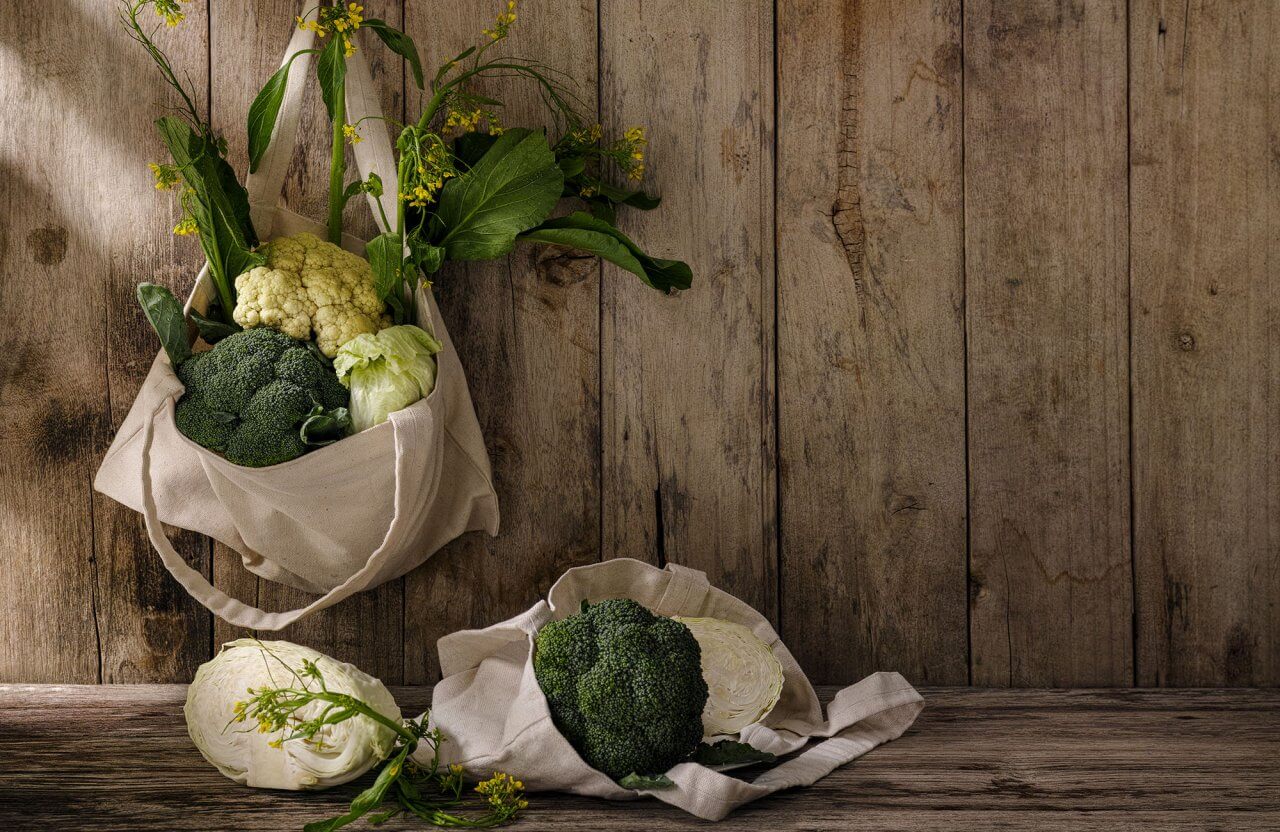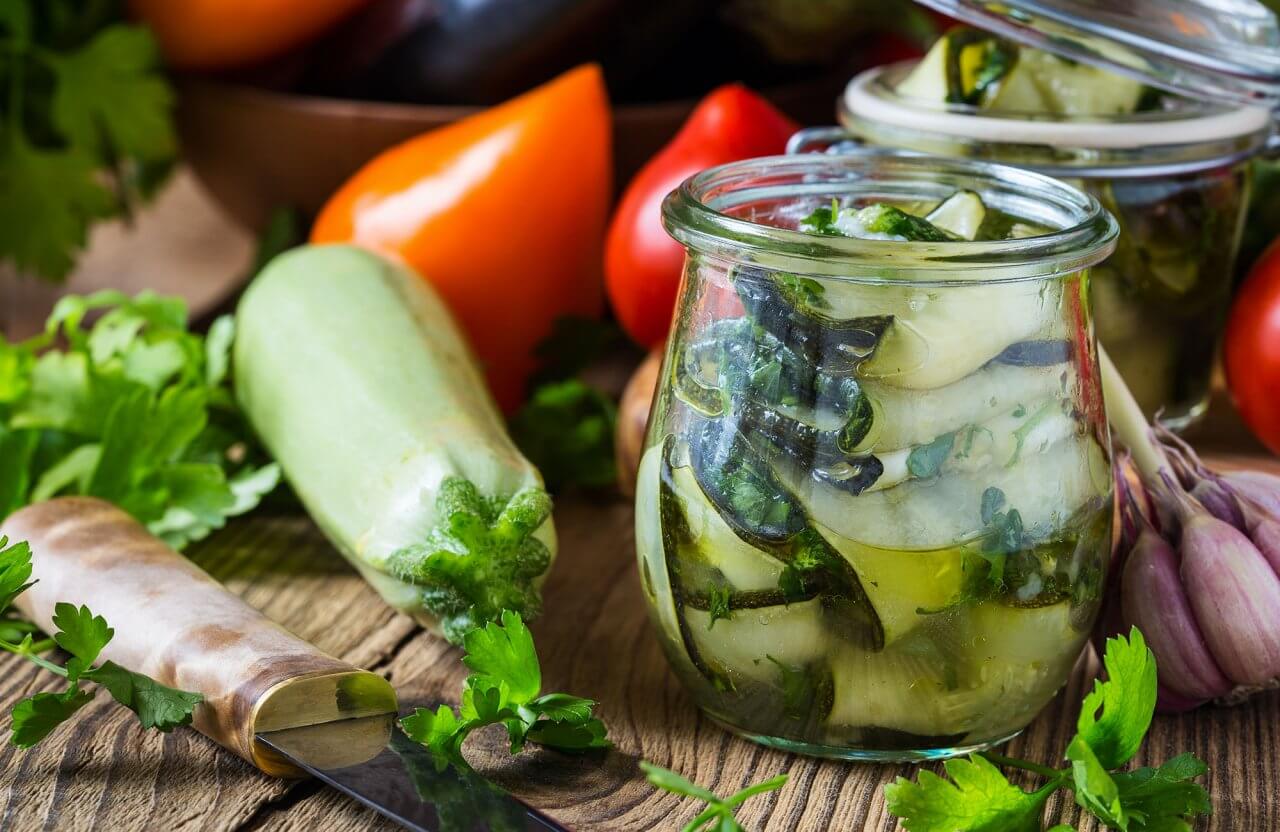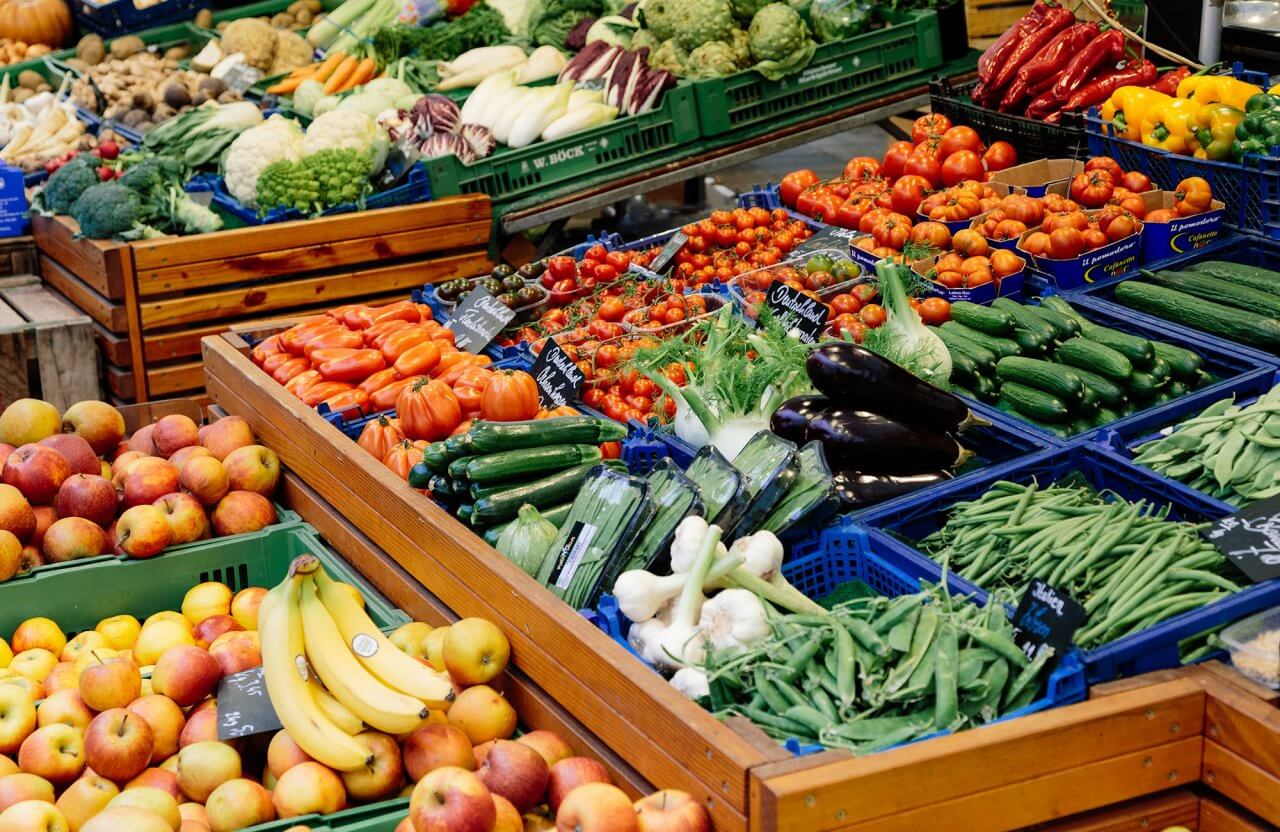Every year the average EU citizen throws out 16 tons of waste. Since only 40% of the things we throw out are recyclable, this means an awful lot of trash in the landfill. From wasted food to excessive packaging, the kitchen is one of the biggest sources of household trash. Here are a few simple ways you can reduce your impact.
Say no to disposable plastic
Start by shopping with reusable bags. They are cheaper, stronger, and won’t be withering in a landfill in a 1000 years. Hit up the bulk aisle and store pantry items like flour and pasta in glass containers. They will keep better, look nice on your shelves, and most importantly, seriously reduce your plastic waste.




